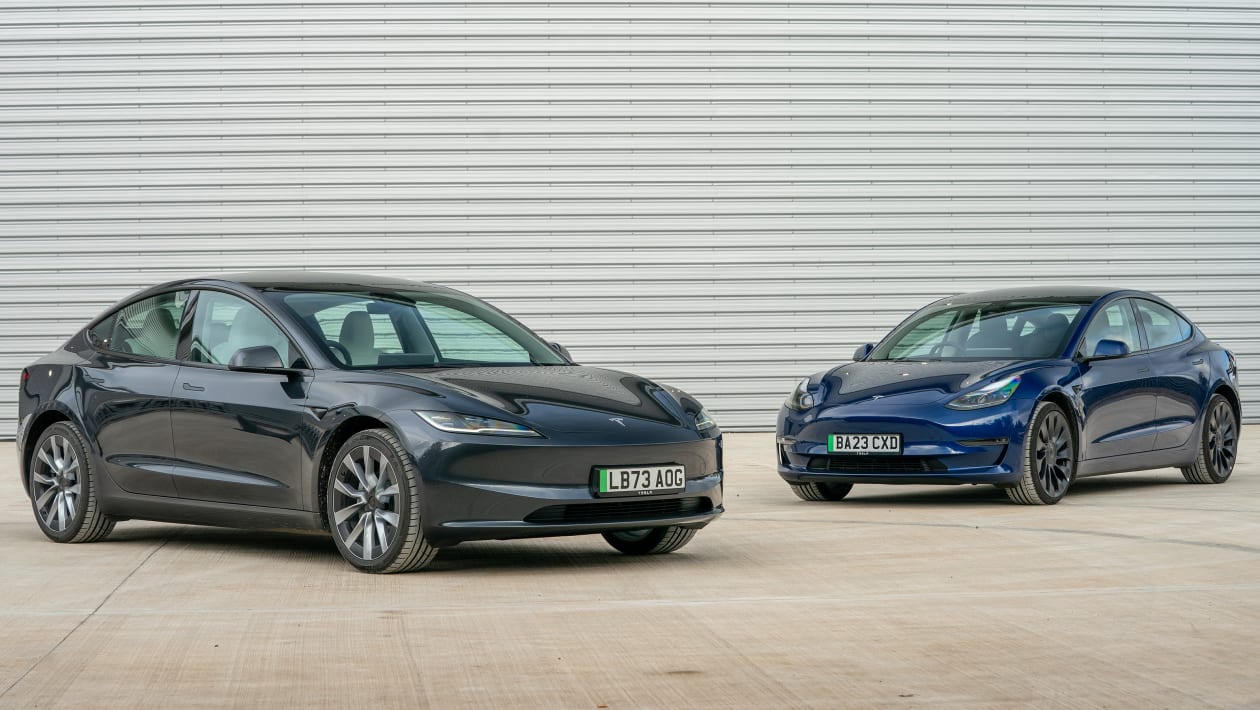UK's Transition to Electric Vehicles: Acceleration Expected with Falling Prices
Key Ideas
- The Climate Change Committee advises that nearly 80% of vehicles in the UK must be electric by 2040 to achieve net-zero carbon emissions by 2050.
- Falling prices of electric vehicles post-2026 are anticipated to drive a rapid uptake, making EVs more affordable and appealing to buyers.
- The CCC emphasizes the importance of market mechanisms, incentives, and public engagement to facilitate the transition to electric vehicles and heat pumps.
- Despite BMW and Toyota's initiatives in hydrogen fuel cell vehicles, the CCC reaffirms its lack of support for hydrogen as a road fuel for transport in cars and trucks.
The Climate Change Committee (CCC) in the UK has released its seventh annual statutory 'carbon budget' advising that by 2040, around 80% of vehicles on the roads must be electric to meet the country's net-zero carbon emission target for 2050. The CCC predicts that the price of electric vehicles (EVs) will decrease significantly after 2026, leading to a faster adoption rate due to cost parity with petrol and diesel cars. This shift is expected to be driven by the decreasing cost of batteries, making EVs more affordable to purchase and operate compared to traditional vehicles.
The report highlights the necessity of incentives and market mechanisms to drive changes in consumer behavior, particularly in transitioning to EVs and adopting heat pumps. The CCC notes the presence of misinformation regarding the reliability and cost of EVs and heat pumps, emphasizing the importance of effective public engagement to address these misconceptions.
However, the CCC's stance on hydrogen as a road fuel for cars and trucks remains unchanged. While some automotive companies like BMW and Toyota are investing in hydrogen fuel cell technology, the CCC sees a limited role for hydrogen in surface transport and building heating. The focus is on hydrogen's application in industrial sectors and electricity supply as a storable energy source.
The article also mentions the European Commission's strategy favoring hydrogen, with encouragement for member states to develop hydrogen fueling infrastructure. Despite this, the CCC is clear in its preference for electric vehicles over hydrogen for road transport. The report concludes by underlining the significance of market mechanisms, incentives, and public engagement to facilitate the transition to sustainable transportation methods in the UK.
Topics
Automotive / Trucking
Hydrogen Fuel
Incentives
Consumer Behavior
Misinformation
Net-zero Commitments
Market Mechanisms
EV Transition
Climate Change Committee
Latest News
